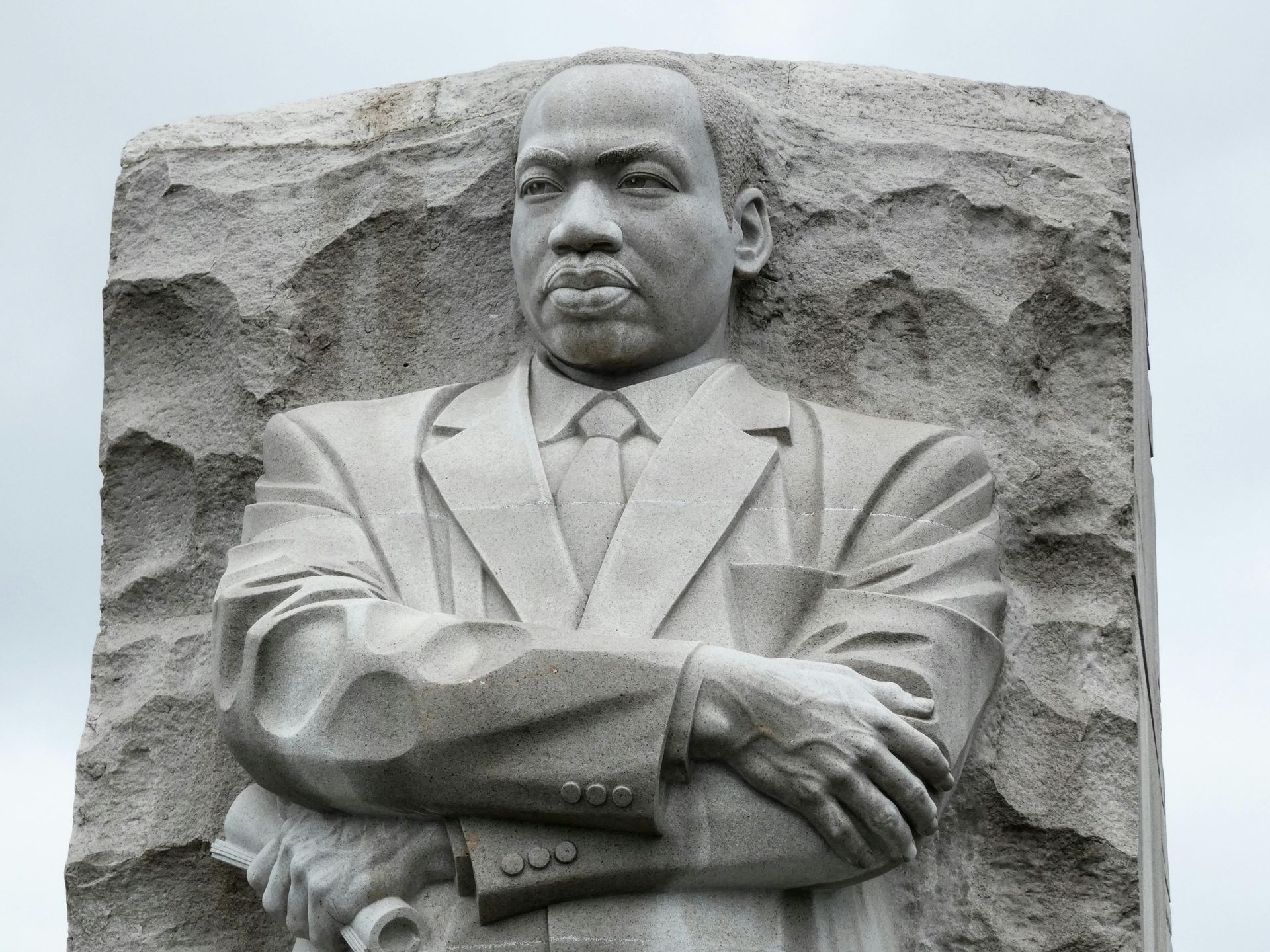By Deacon Paul Cerosaletti
•
December 25, 2025
Isaiah prophesied: The people who walked in darkness have seen a great light; upon those who dwelt in the land of gloom a light has shone. (Is 9:1) John the Evangelist wrote: ...the light shines in the darkness, and the darkness has not overcome it…(Jn 1:5) The true light, which enlightens everyone, was coming into the world (Jn 1:9) And Jesus said: ...I am the light of the world. Whoever follows me will not walk in darkness, but will have the light of life…(Jn 8:12) Beginning with Isaiah’s prophecy of the Light of Emmanuel — God-with-us — some 2,800 years ago, through to Christ’s entry into this world of darkness in Bethlehem as the Child of Light, to his ministry of Light and Life, and racing through the millennia to us today throughout the world, to us here in St. Mary’s parish, to the family whose children were baptized at St. Mary’s this past weekend: The True Light of the World, the Dayspring from on high, the One Morning Star that never sets, the Word who existed in the beginning with God and who, from the beginning, was God, Jesus Christ the Light continually breaks into the darkness of our world and dark nights of our lives. At each Christmas, in the dark night of the world, we celebrate the daybreak of the Light of Christ coming into the world. At each Easter, we celebrate the breaking forth of the Light and Life of the Resurrected Christ from the darkness of the tomb of sin and death. And at each baptism, we recall and celebrate both, as we light the baptismal candle from the Paschal candle (that is, the Christ Candle) and say to the newly baptized, “Receive the Light of Christ.” We then give the parents and godparents, but frankly all of us , a solemn charge: This light is entrusted to you to be kept burning brightly. This child…has been enlightened by Christ. [They are] to walk always as a child of the light. We are to walk not only as children of God enlightened by Christ, but we are to walk also — each one of us — as bearers of Christ and His Light into the world. We can each bear a torch of the Christ Light as we walk with one another through the dark valleys of the night of each other’s lives, illuminating the darkened path for our sisters or brothers, walking with them as long as we can, until another bearer of Christ’s Light joins us to journey with them further. Never underestimate the brightness of Christ’s Light in the smallest of actions, a kind word or simple deed. In fact, St. Mother Teresa of Kolkata counselled that the smallest of our actions may be infused with the brightest light of love. She said: Don’t look for the big things, just do small things with great love…the smaller the thing, the greater must be our love. And never forget that a light appears as its brightest in the deepest dark of night. The Christ Light in the smallest of our actions may be the brightest light in the darkest part of the night of someone's life. My sisters and brothers, the Light of Christ has been entrusted to us to be kept burning brightly, not for ourselves alone, but for the life of the world. Let us walk with one another, sharing the Christ-Light entrusted to us with each other and with the world outside the walls of this Church!






